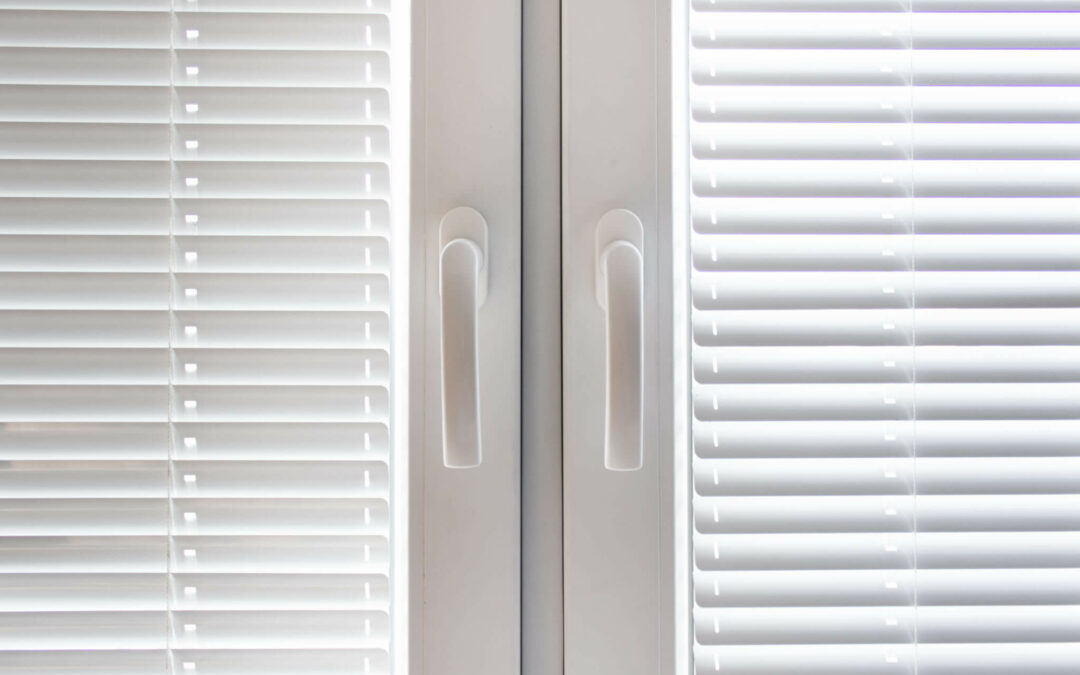Blinds and shades should be both aesthetically pleasing and practical since windows make excellent focal points for rooms. There are many things to consider, from the traditional standards of color, appearance, style, utility, affordability, and compatibility to more contemporary considerations like energy-saving features. Finding the ideal modern blinds for your requirements isn’t always a straightforward process because there are so many different types available. Choosing residential window blinds may be difficult, whether you want seclusion, style, or both. Here, we’ve compiled our best guidance to assist you through the procedure.
What Makes Blinds And Shades Different From One Another?
The substance is the fundamental distinction: Shades are based on cloth, giving rooms a softer feel, whereas blinds are typically composed of wood, metal, or a combination, giving them a tougher appearance.
Things To Consider When Choosing Your Blinds
It’s that time of year people begin to consider new window coverings. You could be one of them. If so, you should be aware of a few things before making your purchase. If you choose your blinds poorly, they might wind up being a genuine eyesore rather than a terrific method to enhance the look and feel of your house. Here are some considerations to ponder when purchasing blinds for windows:
-
Functionality:
The fundamental function of the blinds must be taken into account, even if many homeowners are searching for an attractive view that complements their desires for interior décor. Are you seeking merely ornamental items? Or do you require them to block off the light and offer privacy? Different types of blinds will work better for you depending on your demands. Blinds can be useful for someone who wants to limit the amount of light in the rooms, for privacy, or for fashionable residential window décor because everyone has various demands.
-
Size:
The blinds’ size is a further factor that must be taken into account. Before you begin residential window blind purchasing, measure the windows to ensure a precise fit. Knowing the proper window sizes makes your job easier. Ask a professional to assist you in measuring the windows if you have no experience doing so. Otherwise, it will end up with little or oversized blinds that don’t fit. On the other hand, you may get bespoke blinds that have already been pre-measured by experts to avoid the arduous measurement process.
-
Light and Privacy:
Do you like a light, breezy space or a chilly, gloomy one? Before choosing blinds for windows, be sure to take the quantity of lighting into account. For a comfortable night’s sleep, bedrooms need less lighting than kitchens do. Additionally, think about whether the window faces the interior light source or not. The sum of these elements affects the materials and design of the modern blinds you choose.
-
Material:
Interior blinds are available in a variety of materials, each of which may or may not be appropriate for your area. Consider block-out roller blinds, white wood Venetians, faux wood blinds, or aluminum Venetians for locations that experience intense heat. Each has a white or reflective modern blind to assist reduce any extra heat.
You should seek materials or textiles that resist moisture in wet areas, such as bathrooms and kitchens. Wet-area-specific PVC and aluminum Venetian blinds are ideal for the bathroom or kitchen of a house.
-
Budget:
Are you interested in buying blinds for a single window or your complete house? Since the cost of blinds is influenced by a wide range of factors, installing blinds throughout the house can go into the hundreds of pounds range. Because blinds for windows are custom-made, larger treatments will cost more. In addition, the design and substance of the blind are taken into account. Think about increasing your investment in certain windows while decreasing it in others.
-
Insulation:
When it’s hot outside, you could notice that unwanted heat and glare are coming inside, and when it’s freezing outside, your window can have a hard time keeping the cold out. These issues may be resolved and your home’s window coverings can help you save your heating and cooling expenses. Unavoidably, this will improve your home’s energy efficiency.
Different Types of Blinds
Blinds can be divided into many categories according to their construction, material, mechanism, and other features. Each has certain advantages and disadvantages. To determine which will be the greatest fit for your house, think about and contrast these criteria.
-
Roller Blinds:
Roller blinds for windows roll up with the aid of a cord pull mechanism to let light in. Due to their simplicity and cost, roller blinds are a preferred option for many houses. Additionally, many Roller blinds include a protective coating, which makes them a great option for bathrooms and kitchens, two spaces that may accumulate a lot of moisture.
-
Roman Blinds:
Roman blinds are a simple and adaptable complement to any space, whether it be casual or formal. They are made of cloth and softly filter light to provide a relaxing atmosphere. They can also offer excellent thermal insulation, blocking draughts and retaining heat.
-
Vertical Blinds:
They are a particularly common option for patio windows and windows that reach the ceiling. However, they must fit perfectly for the window to function properly.
-
Venetian / Horizontal Blinds:
Horizontal blinds are used to construct Venetian or horizontal blinds, and they are connected by strings or strips of fabric. The slats may be raised and tilted using a drawstring system.
-
Solar Blinds:
Solar blinds are used to lessen glare and sunlight within a space. They function similarly to roller blinds and also filter UV radiation.
-
Smart Blinds:
It is a popular option since it is a smart home technology that is also energy efficient and aesthetically pleasing.






